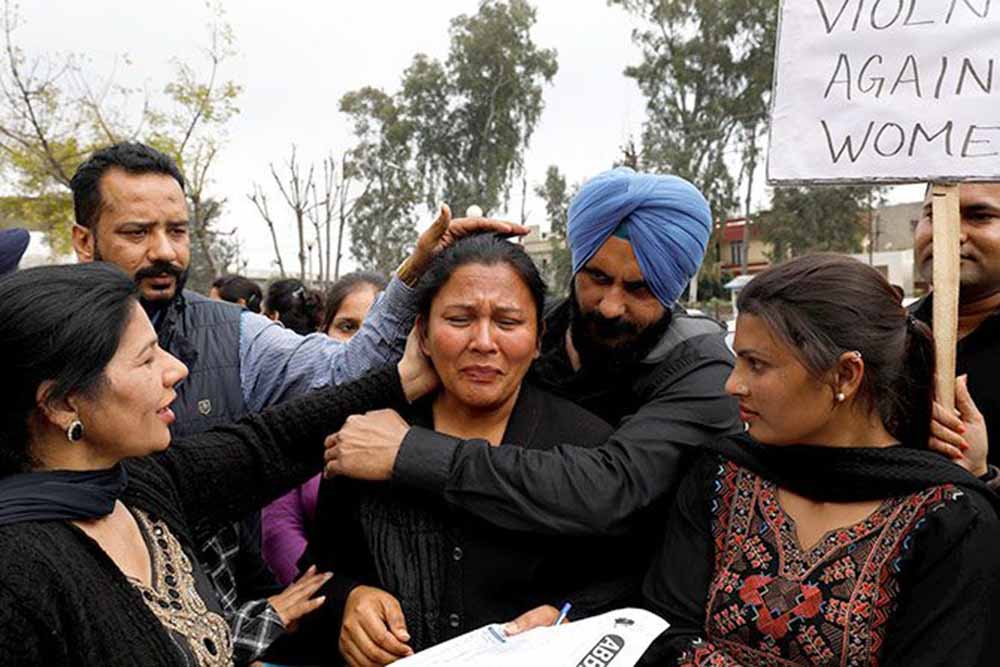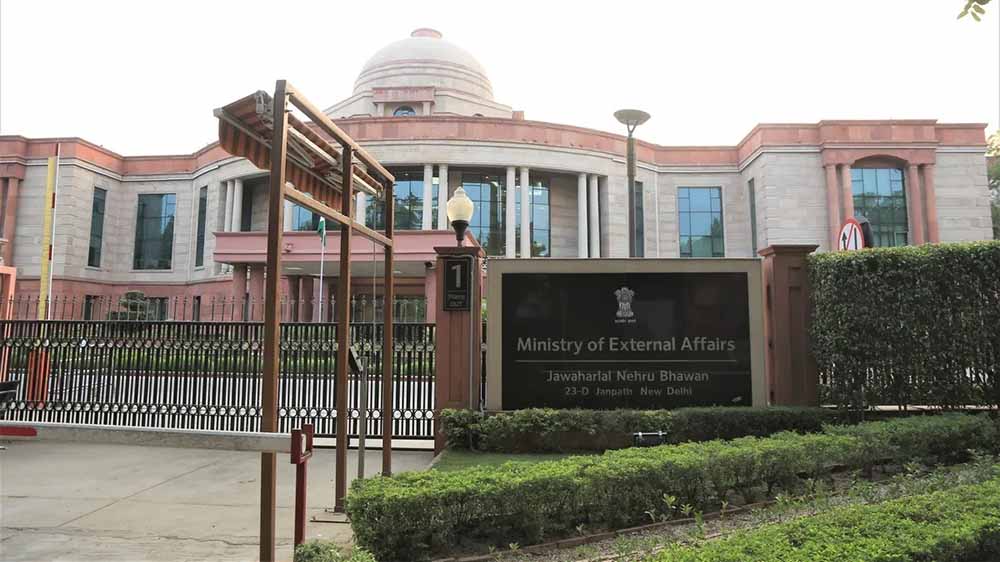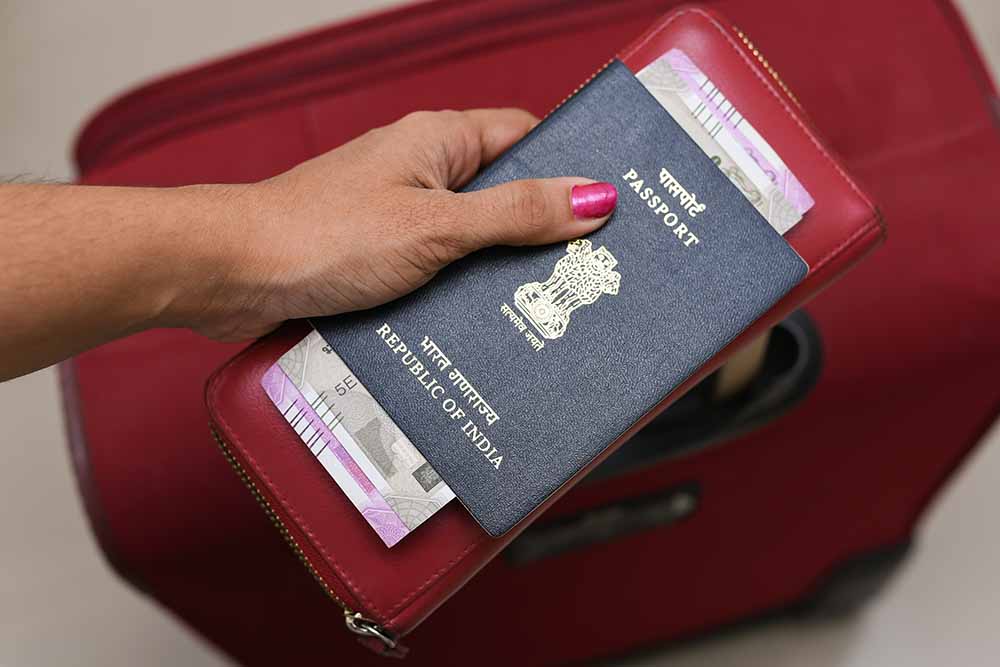In January 2023, the Ministry of External Affairs (MEA) revealed staggering statistics during a parliamentary session, stating that about 2,300 women were deserted and divorced by their NRI husbands in the last 5 years. The shocking revelation comes alongside approximately 4,000 distress complaints received by the MEA between January 2016 and May 31, 2019, from married Indian women facing domestic violence and harassment abroad.

The emergence of cases such as that of Mandeep Kaur — a Sikh woman who died by suicide in New York last year after allegedly enduring eight years of domestic abuse — has led to a rising clamour for institutional mechanisms that deal with domestic abuse abroad, emphasising the urgent need for addressing the challenges faced by NRI-married women.
On this Pravasi Bharatiya Divas (NRI Day), questions arise about the efficacy of existing laws and the need for immediate action to support Indian women facing abuse abroad.
The Delay In One-Stop Centres Abroad

In response to the rising incidents, the Ministry of Women and Child Development (WCD) announced the One-Stop Centres (OSCs) scheme in collaboration with the MEA in 2021. The MEA, announced that it would set up OSCs in nine countries across the world — two in Saudi Arabia and one each in Bahrain, Kuwait, Oman, Qatar, UAE, Australia, Canada, and Singapore. However, in April 2023, the parliamentary committee highlighted the lack of progress, stating that the scheme is "yet to take off" even after almost two years. The Committee reiterated that ‘One Stop Centres’ should be opened immediately in Missions where they have been approved and the status in this regard may be furnished to the Committee
The scheme is funded through the government’s Nirbhaya Fund, a non-lapsable corpus fund for the safety and security of women. About 700 such centres are operational in India.
Legal Measures And Assistance Abroad

Despite the challenges, the document titled "How to address issues related to Marriages of Indian Women to Non-resident Indian and person of Indian Origin (NRI/PIOs)" by the Ministry of External Affairs provides a roadmap for victims.
It suggests proactive measures such as checking the background of the NRI/PIO before marriage and seeking assistance from local Indian associations. The document also outlines steps for victims, including approaching Indian Embassies/Consulates, registering complaints with local police, and utilizing legal provisions such as filing FIRs under 498A IPC for cruelty.
Financial Scheme For Stranded NRI Women
Additionally, the Ministry operates a scheme providing legal/financial assistance to Indian women deserted by their overseas Indian/foreign husbands. The assistance, available in various countries, underscores the commitment to supporting victims, with amounts reaching up to USD 3,000 in developed countries and USD 2,000 in developing countries. The Indian Community Welfare Fund (ICWF), set up in 2009, is aimed at assisting Overseas Indian nationals in times of distress and emergency in the ‘most deserving cases’ on a ‘means tested basis’
The legal rights afforded to women against exploitation under the Protection of Women from Domestic Violence Act enacted in 2005 include protection against physical/sexual exploitation, economic exploitation, compensation against desertion, custody of children below 5 years, retention of matrimonial presents, protection against dowry, and safeguards against cruelty, bodily harassment, torture, and domestic violence. The comprehensive legal framework aims to empower Indian women, providing avenues for justice and support both domestically and abroad.
*images used for representational purposes only.